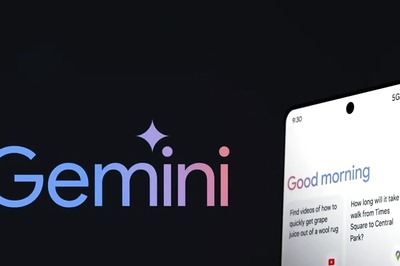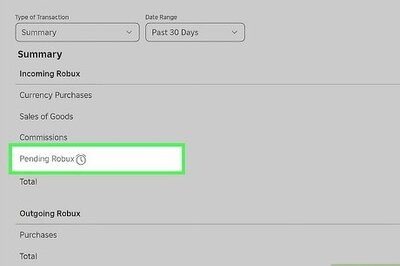
views
With the health benefits of a plant-based diet becoming more apparent, many of us are already reducing our meat consumption in favor of vegetarian alternatives. Here are some of the most nutrient-dense options to include in a healthy vegetarian diet.
Start with soy
Soy-based products such as tofu and tempeh not only provide the protein that can be lacking in a vegetarian diet, with around 8g of protein per 100g of tofu and around 19g in tempeh, but with their firmer texture and a variety of cooking methods they are an easy way to substitute meat in meals, especially if you're just beginning to make the change. They can also make it easier to find veggie options when eating out, and are especially popular in Asian cooking.
Eat plenty of....vegetables
It may sound obvious, but being vegetarian doesn't mean you automatically eat enough veggies. Vegetables are an essential part of a healthy diet for everyone, and with dark leafy green vegetables such as spinach, broccoli, kale, and Brussels sprouts containing a large amount of vitamins and minerals that vegetarians can lack, they are a particularly important part of a meat-free diet.
They are also low in calories, full of fiber, and may help protect you from heart disease, diabetes, and perhaps even cancer.
Pulses for protein
Including chickpeas, kidney and fava beans, lentils, and dried, split or black eyed-peas, there are a variety of pulses to enjoy and all with multiple health benefits.
Made up of about 20-25 percent of protein by weight, pulses are an excellent source of plant-based protein to satisfy your meat-free needs. They are also great sources of fiber and high in amino acids and important minerals such as iron, magnesium, potassium, phosphorus, zinc, and essential B-vitamins including thiamine, riboflavin, niacin, B6, and folate, often gained from meat.
Simply add seeds
Seeds are also a great source of protein, as well as many other vitamin, minerals and nutrients, and are so easy to incorporate into your everyday veggie diet. Sunflower, sesame, pumpkin, hemp and flax all can easily be added to smoothies, soups and salads to help you meet your protein needs and add a boost of vitamins.
You can also try sprouting your seeds, which can then be eaten whole, to increase the levels of digestive enzymes and the nutritional content. Try sprouting mung, alfalfa, broccoli, and fenugreek which can then be added to salads to supercharge health.
Go for grains
Quinoa has been popular with vegetarians for a while thanks to its high protein content. However, there are many other nutrient-dense grains to try such as millet, teff, amaranth, and kamut. These ancient grains are also high in fiber and full of vitamins and minerals, and extremely versatile in the kitchen. They can be used instead of meat in salads for a protein hit at lunch or dinner, or make a healthy and nutritious porridge for breakfast.


















Comments
0 comment